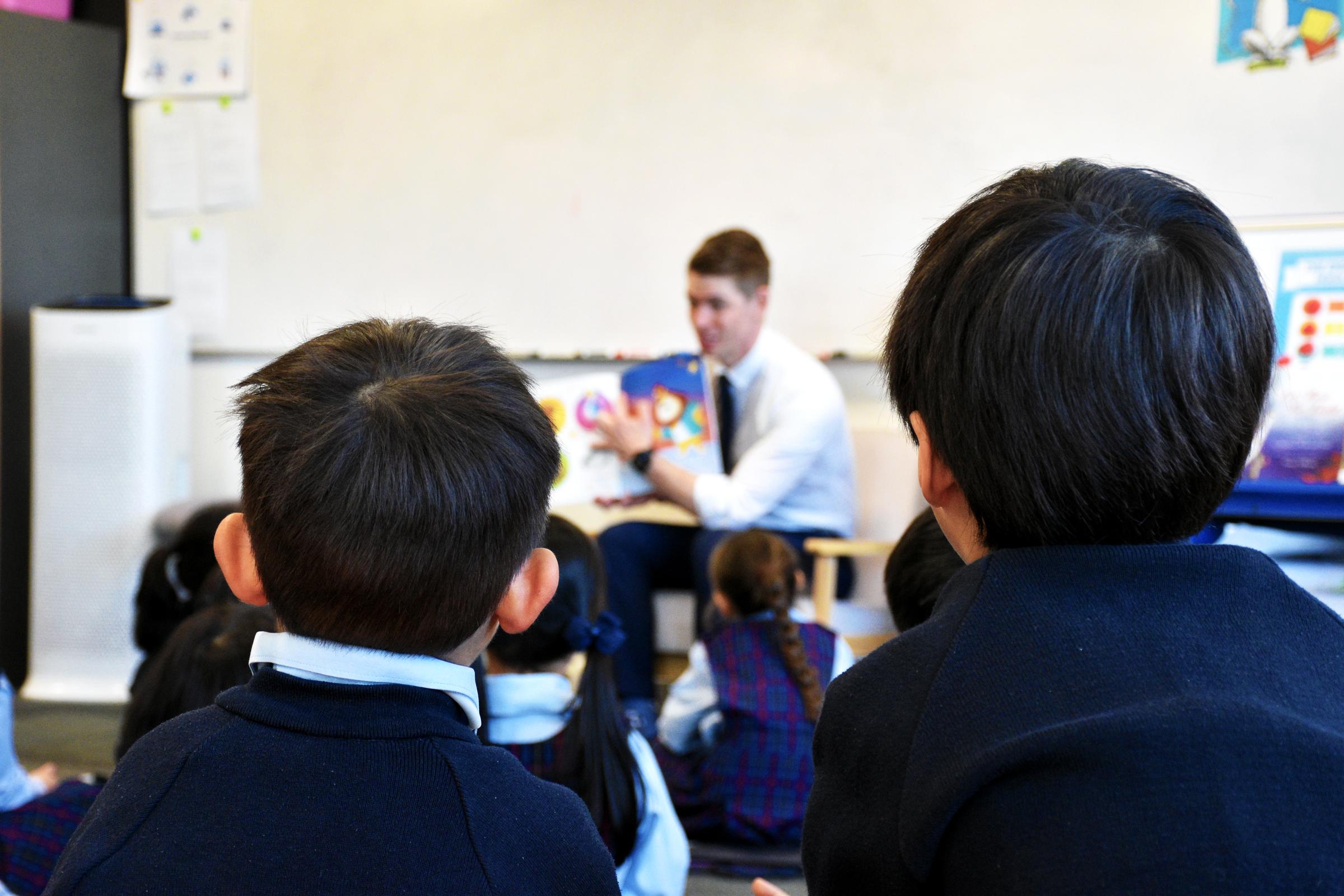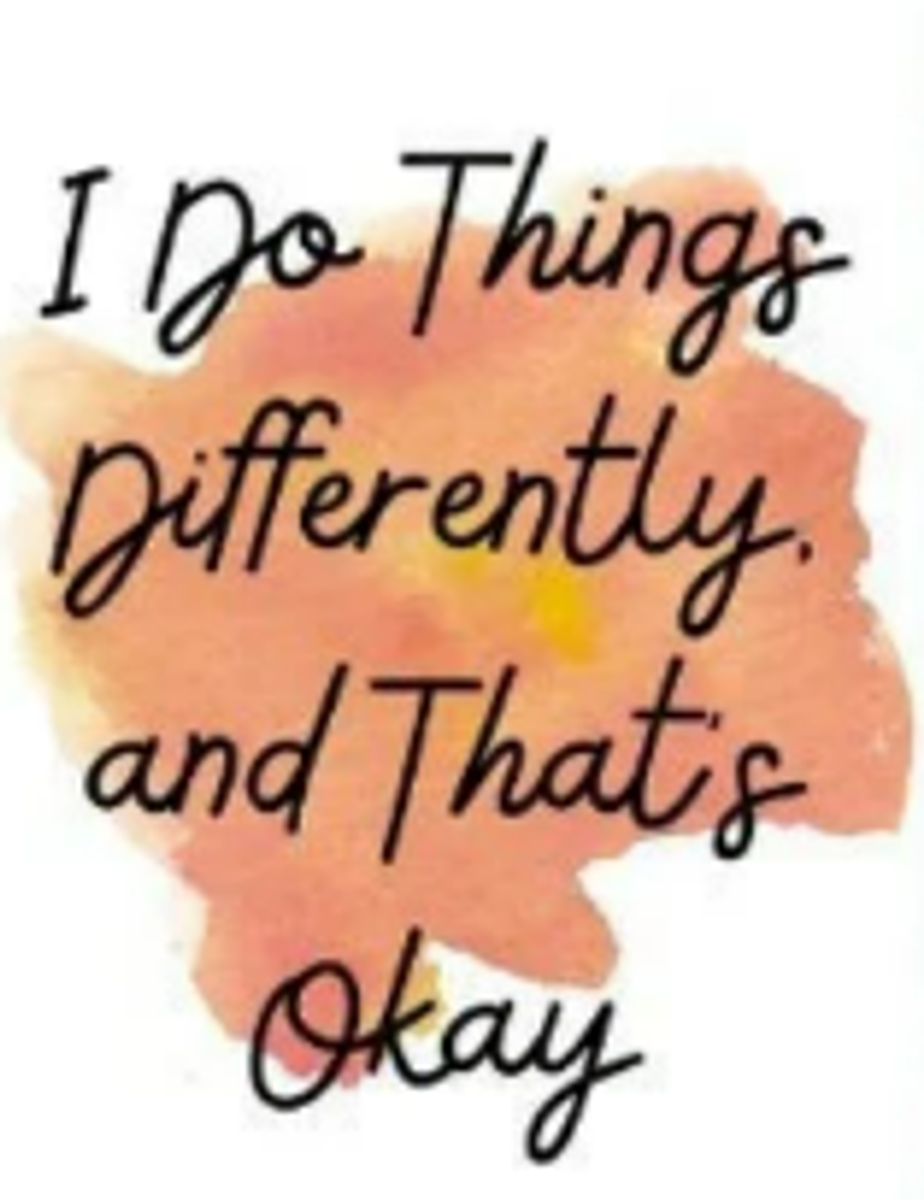LEARNING AND TEACHING

ICAS Assessments
During Term 3 a large number of St Andrews students have participated in the ICAS Academic Competitions. ICAS AssessmentsTM are designed to recognise academic excellence. Students are assessed on their ability to apply classroom learning to new contexts, using higher-order thinking and problem-solving skills. Students have participated in tests for the following areas: Digital Technologies, English, Mathematics, Science and Spelling Bee. This year we have had 89 students in the Primary School (Year 2 – Year 6) complete 262 tests and 15 students in the Secondary School (Year 7 – Year 9) complete 34 tests.
The overall results are summarised in the table below:
High Distinction | Distinction | Credit | Total Entries | |
| Year 2 | 5 | 14 | 30 | 74 |
| Year 3 | 5 | 6 | 18 | 62 |
| Year 4 | 3 | 13 | 18 | 47 |
| Year 5 | 2 | 9 | 19 | 47 |
| Year 6 | 3 | 9 | 16 | 32 |
| Year 7 | 1 | 1 | 6 | 19 |
| Year 8 | 0 | 0 | 3 | 9 |
| Year 9 | 0 | 1 | 2 | 6 |
| Total | 19 (6.4%) | 53 (17.9%) | 112 (37.8%) | 296 |
Congratulations to the following students listed below who received either a High Distinction or Distinction:
Digital Technologies
High Distinction
Year 3: Asher Ming Xuan Hwang
Year 4: Isabella Yin
Year 6: Joshua Chen, Declan Lee
Distinction
Year 2: Elyas Ng, Alisha Weerakoon, Anthony Zhang
Year 3: Pearl Wang
Year 4: Elizabeth Chong, Lucas Li, Samuel Tang, Elliott Wong, Cissy Zhang, Joyce Zhao
Year 5: Neil Chong, Jiamiao Liu
Year 6: Jin Wang
Year 9: Junxiao Xiang
English
High Distinction
Year 3: Asher Ming Xuan Hwang
Year 5: Chris Mei
Year 6: Jin Wang
Year 7: Naomi Law
Distinction
Year 2: Isabella Daly, Chloe Mei, Anthony Zhang
Year 3: Genevie Lee, Pearl Wang
Year 4: Zoe Almodiel, Shiphrah Wang, Cissy Zhang
Year 5: Zara Lim, Jayden Yang
Year 6: Angela He, Declan Lee, Eric Li, Yi Shang
Mathematics
High Distinction
Year 2:Daniel Duan, Ethan Wang, Anthony Zhang
Distinction
Year 2: Ella Chen, Chloe Mei
Science
High Distinction
Year 2: Chloe Mei, Ethan Wang
Year 3: Samuel Chong, Asher Ming Xuan Hwang
Year 4: Elizabeth Chong, Adam Yang
Year 5: Jayden Yang
Distinction
Year 2: Joseph Lei, Anthony Zhang
Year 3: Genevie Lee
Year 4: Zoe Almodiel, Lucas Li, Shiphrah Wang, Joyce Zhao
Year 5: Neil Chong, Zara Lim
Year 6: Joshua Chen, Declan Lee
Year 7: Lucas Chen
Spelling Bee
High Distinction
Year 3: Asher Ming Xuan Hwang
Year 4: Zoe Almodiel, Samuel Tang, Elliott Wong
Distinction
Year 2: Chloe Mei, Joyce Xu, Leon Yang, Anthony Zhang
Year 3: Samuel Chong, Genevie Lee
Year 4: Grace Chen, Elizabeth Chong, Gabriel Lau, Lucas Li, Cissy Zhang
Year 5: Zara Lim, Jiamiao Liu, Chris Mei
Year 6: Declan Lee, Jin Wang
Michael Swanborough
Deputy Principal - Learning & Teaching
Learning Support Update
We were so blessed to have Nick Haines join us in October for the ASD Parent Support Group. He shared his journey with vulnerability and wisdom. I know that those who were able to attend found great value and benefit from sharing together. Our primary aim for these meetings is to provide an opportunity for parents to connect with other parents who are facing the challenges of a child who has autism. We want to support you on the journey. All are welcome.
The last Autism Spectrum Parent Support group for 2022 will be on Wednesday 23rd November at 9:10am, we’ll meet at the Taste and See Café and then head to the Learning Support rooms.
One of the areas discussed in the support group was the challenges that arise when people do not understand Autism or the implications it can have for the individual. Understanding Autism is not simple but here is one explanation:
“Everyone’s brain and bodies work differently. Autistic people have brains that see the world differently, and sometimes they act differently than we’d expect them to.”
People on the autism spectrum might not understand why other people think and feel the way they or their friends do. They are often more affected by loud sounds or bright lights than neurotypical people and can become easily overwhelmed. Sometimes when over excited their whole body can respond in a manner called stimming i.e., flapping, spinning or other types of repetitive movement.
Just because people on the autism spectrum do things differently, it does not mean they don’t want to be friends. They just might show their friendship in a different way than others.
Here are some things you could do:
- Focus on ability - when discussing a child with autism, focus on the positives – on what they do well. Autism is not doom and gloom and if you focus on the negatives, you will be teaching your child to see the negatives instead of what makes their friend (or sibling) amazing.
- Be kind and teach kind. This can be done by being friendly, accepting, generous, and showing consideration and empathy for others. It’s about seeing with ‘your heart’ and including those on the fringes.
- Understand sensory meltdowns - they can often look like a massive tantrum. This confuses most adults. The easiest way to describe a sensory meltdown is that it is feeling overwhelmed. That when our friends (or siblings) are having a sensory meltdown it is because there is too much happening around them. When a meltdown occurs, we just need to ensure the safety of all and give the person time and space to calm down. Afterwards, always make time to reconnect so that the relationship continues to grow.
- Create an inclusive environment. Maybe you can invite a classmate with autism over for a playdate, or to your child’s birthday party. You might be surprised to know that the invite you extend may be the only one the child receives all year.
But there is more to creating a truly inclusive environment than just inviting…
Take a few simple steps to make sure everyone feels safe, included, and welcome.
- Ask ahead of time: If you aren’t sure what you can do to help the autistic child you’re inviting, ask them or their parents. For instance, ask about any food preferences, sensory struggles, or their favourite things.
- Prepare for sensory needs: If you’re planning a birthday party or a playdate, consider different people’s sensory needs. Will it be loud? Bright? Crowded? Consider finding an area away from the chaos that the child with autism can use when they start to feel overwhelmed.
I trust that you are able to reach out with an encouraging word or a kind gesture and make a difference to someone today!
If you have further questions or concerns, please feel free to contact one of the Learning Support Teachers.
Shirley Gillie – Head of Learning Support
Kerryn Terrington – Learning Support Teacher – Secondary
kterrington@standrews.vic.edu.au
Josie Mayer – Learning Support Teacher – Primary
Shirley Gillie
Head of Learning Support
McCrindle “Future of Education” Report – Part 2
In Issue 5 of the College Newsletter, I included some extracts from the McCrindle “Future of Education Report.”
The report is titled: Equipping Students to Thrive in the New World of Work and includes some fascinating insights into the world of work our young people will be facing. The infographic below summarises the work transitions framing the new world of work. Issue 5 of the College Newsletter focused on the first two transitions listed. In this issue, information about transitions three and four is included:
- Fixed to Flex:
Aided by technological advancements and cloud computing, the remote workforce has been growing
for some years. Through the events of 2020 and the COVID-19 pandemic, remote working became widely
adopted. This turned out to be one of the greatest global experiments, where workers were thrust into
working from home almost overnight. This transition decoupled work from the workplace and provided
employees with more agency over where and when they work than ever before. As organisations look
to re-establish ongoing rhythms, employees are not looking to give up this newfound agency, with three
in five Australian workers (62%) describing their ideal working situation as a hybrid one. Mobility and
flexibility in the workplace are likely to grow in the future with workplace flexibility a key desire for Gen
Zs future careers (64% extremely/very important). A key consideration for leaders, however, is how they
continue to shape culture in this decentralised, hybrid work environment.
- Profit to People
Across organisations there is a shift to a people first culture, rather than a focus solely on the bottom line. Organisations are recognising that organisational culture is not an add on, but an essential to organisational health, longevity and success. Increasingly organisations are also thinking about and reporting on their ESG (Environmental, Social and Governance). This is largely driven in part by the growing focus on sustainability and workplace wellbeing. Workplace wellbeing must be a key consideration for leaders, as it has risen to the top of the agenda for workers. Australian workers see workplace wellbeing (72%) as the most important element of a workplace. Similarly, the mental health and stress of workers (62%) is seen to be the biggest factor impacting the future of work. Workers are talking with their feet and are willing to find alternate employment if an organisation does not value its employees. Team culture and workplace wellbeing are becoming not just nice to haves, but essentials for workers in the new world of work.
Further information can be found at https://mccrindle.com.au
At St Andrews, we are constantly looking to equip and enable our students to be people who make a positive difference in their society. Four of the key elements in our Graduate Profile are: “Godly in Character”, “Relationally Engaged”, “Desire to Serve” and “Leader by Example.” These attributes will enable our students to be effective and valued members of the organisations where they work. They will also be able to flourish in the world as they reflect God’s characteristics and share the hope which can only be found through a relationship with Jesus.
Michael Swanborough
Deputy Principal - Learning & Teaching


